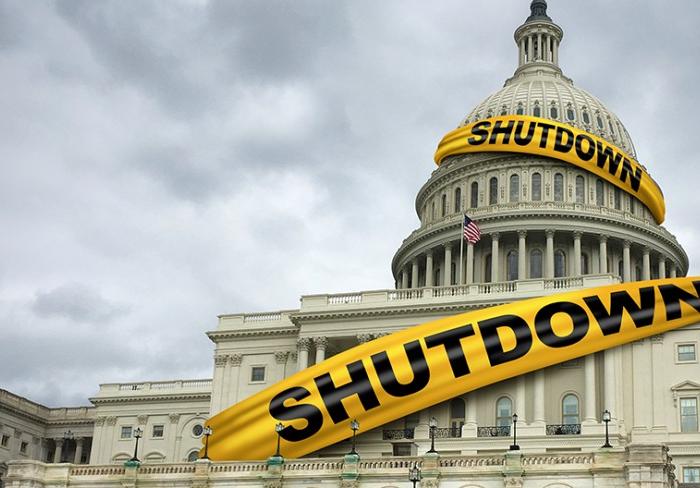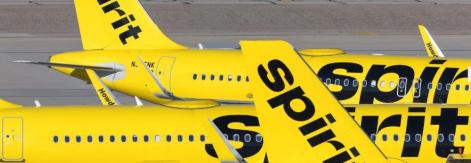The board of directors of Colombian airline Avianca has just picked the offer made by Brazilian group Synergy -owned by impresario German Efromovich- to buy out the company, local news outlets informed today.
"The proposal made by Synergy/Ocean Air adequately complies will all necessary requirements to help the company step out of Chapter 11. After thorough sessions conducted by the Board of Directors in the light of established assessment criteria, the offer proved to be convenient for the company and for all the parties involved," the group stated in a press release.
The Honduras Tourism Chamber (CANATUR) asked the National Congress to override the enforcement of the Foreign Act that mandates a $3 fee charged to all foreign travelers on the basis of immigration service monies when they leave the country.
CANATUR Chairman Ricardo Martinez pointed out the removal of such an illegal and discriminatory duty takes an overhaul of the Foreign Act Regulations published in the nation’s Official Gazette.
Argentine Airlines (AA) said today it´s earmarking $557.8 million over the next five years to renew its own fleet of jetliners, thanks to a recent contract inked with U.S. giant Boeing Co.
The plan was unveiled by AA Vice President Jose Maria Llodra who informed the air carrier´s intention to buy 49 new airliners in a five-year term stretching from now through 2009.
Argentina´s number-one state-run airline, run by Spain-based Marsans Group, will cope with this investment endeavor relying on money from its own coffers.
British Airways (BA), Europe´s second-largest airline, is trumpeting a major discount offer for long-haul flights. BA is making this move in an effort to bring more business-class passengers to take first-class seats, a demand that usually dwindles during summertime vacations.
Beginning on June 24, the offer will be legally binding for flights scheduled between August 15 and 31 to some 28 destinations around the world, including Nairobi, Cape City (South Africa) and New York.
A recent UN report shows direct foreign investment in Latin America and the Caribbean took a 20 percent nosedive last year, down to $36.5 billion.
The report, issued by the United Nations Economic Commission for Latin America and the Caribbean, disloses this was the only world region where foreign cash flow fell in 2003, chiefly driven by acute downturns in both Brazil and Mexico.
The study reveals that MERCOSUR, South America’s trade bloc formed by Argentina, Brazil, Paraguay and Uruguay, has endured the most spectacular decline in recent years.
Taxes levied on air companies for the use of the Juan Santamaria Airport in Costa Rica’s San Jose are 35 percent higher than in any other Central American nation, a situation that tolerates no further duty increments as the one demanded by Alterra Partners, the private consortium that runs the terminal.










